Posted on 7/15/2024

Maintaining your vehicle's transmission is crucial for ensuring its longevity and smooth operation. Two common maintenance procedures are the transmission flush and the drain and fill. While both change the transmission fluid, they differ in their approach and effectiveness. Let's dive into the details of each method to understand their differences better. Transmission Flush A transmission flush uses a machine to completely remove the old transmission fluid from the system. This process replaces the fluid by adding new fluid through the transmission cooler lines. And removes the old fluid at the same time. Here are the key aspects of a transmission flush: Complete Fluid Replacement: A transmission flush ens ... read more
Posted on 1/2/2024
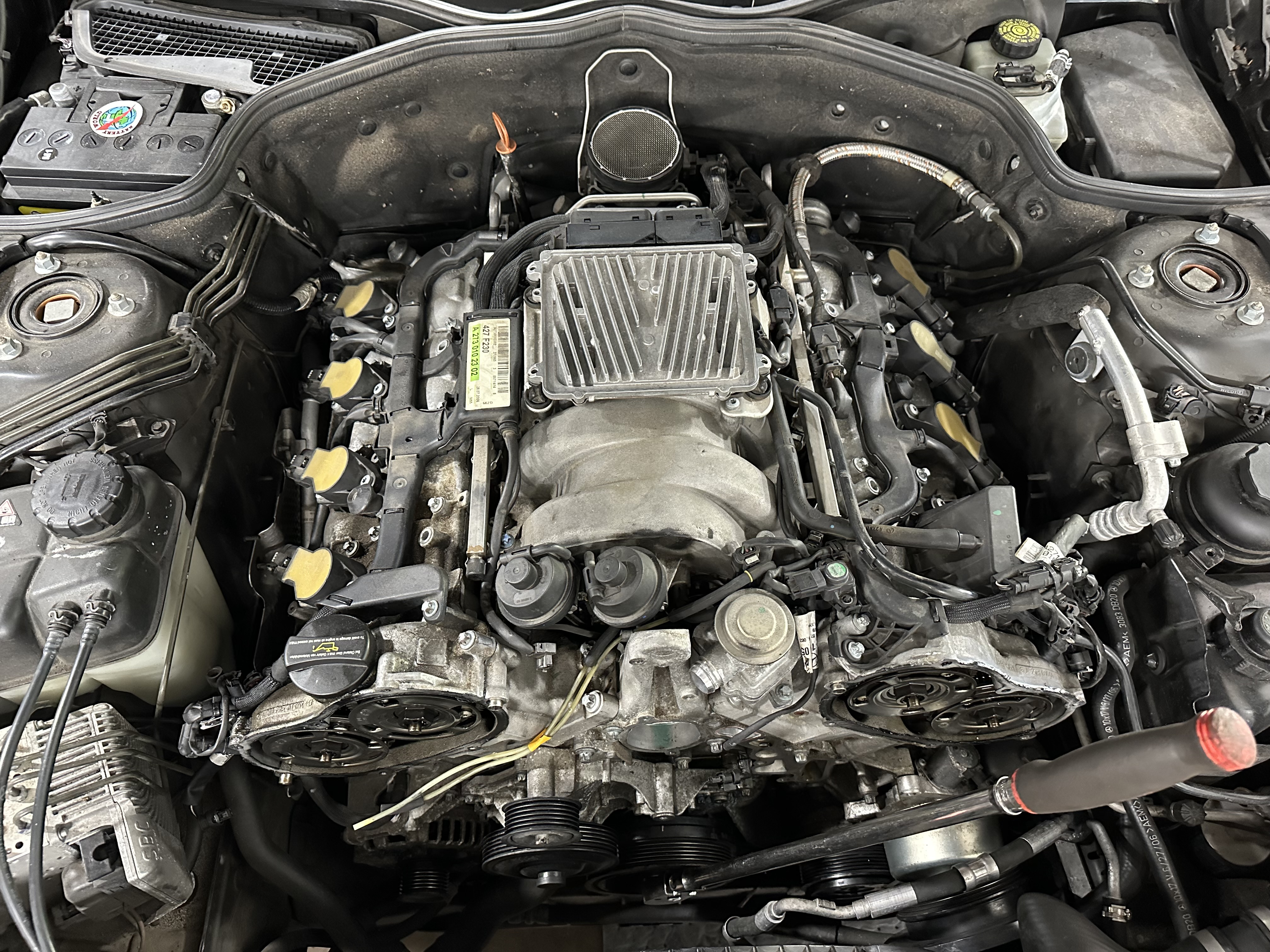
Ever wondered how to tell if your car's engine needs a little TLC? The engine is like the heart of your car, and keeping it healthy is crucial for a smooth ride. Let's explore simple signs and tips to help you know if your engine needs attention. Listen for Weird Noises: If your car starts making strange knocking or grinding noises, it might be a sign of a bad engine. Listen closely when you start the car and while driving. Unusual sounds can mean trouble! Watch the Smoke: If you see smoke coming from your car's exhaust, pay attention to the color. Black, white, or blue smoke can indicate different engine issues. For instance, blue smoke can mean the engine is burning oil. Check for Poor Performance: Is your car struggling to start or losing power? Difficulty starting, rough idling, or a loss of acceleration can be signs of engine trouble. Don't ignore these signs! In ... read more
Posted on 10/10/2023
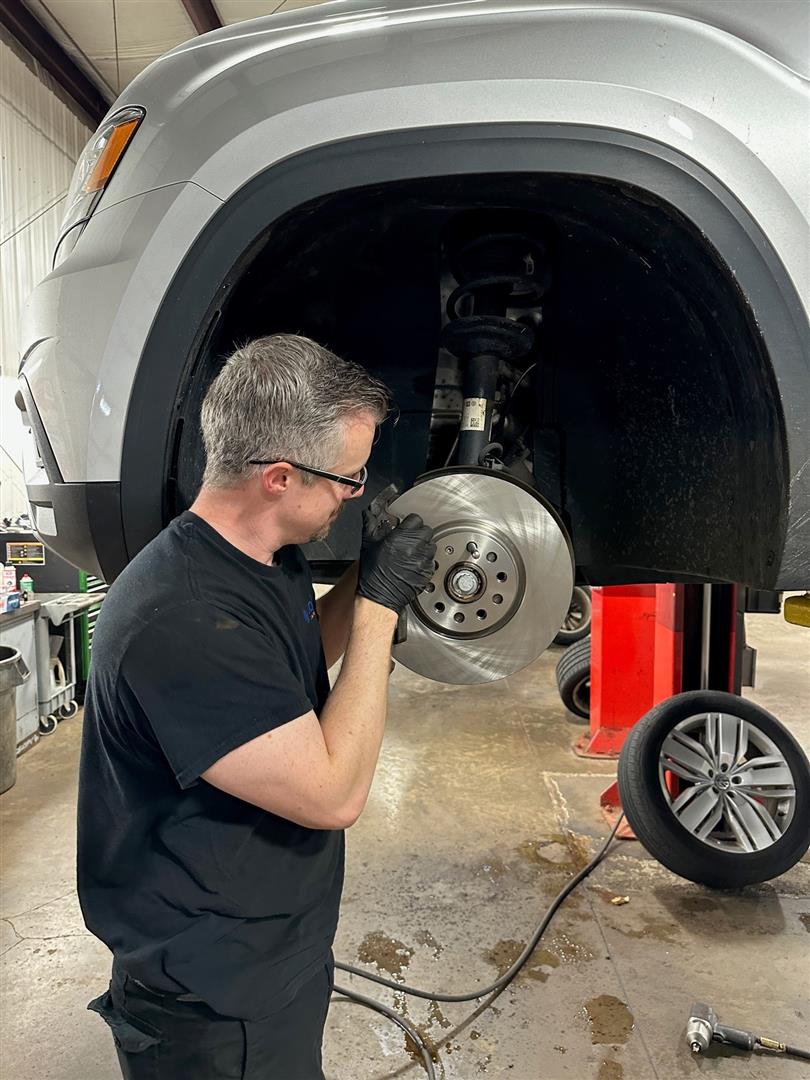
Vehicle maintenance is crucial to extend its lifespan. And prevent costly repairs down the road. That’s where preventative maintenance comes in. Preventative maintenance helps prevent potential issues from becoming bigger problems. Let's take a closer look at what exactly preventative maintenance is, why it’s important, and some practical tips you can follow. What is preventative maintenance? Preventative maintenance involves routine services like oil changes, tire rotations, and brake inspections. These services aim to prevent issues from becoming serious problems. By keeping up with these regular checks, you can extend the life of your vehicle. And avoid costly repairs down the road. Why is preve ... read more
Posted on 9/1/2023
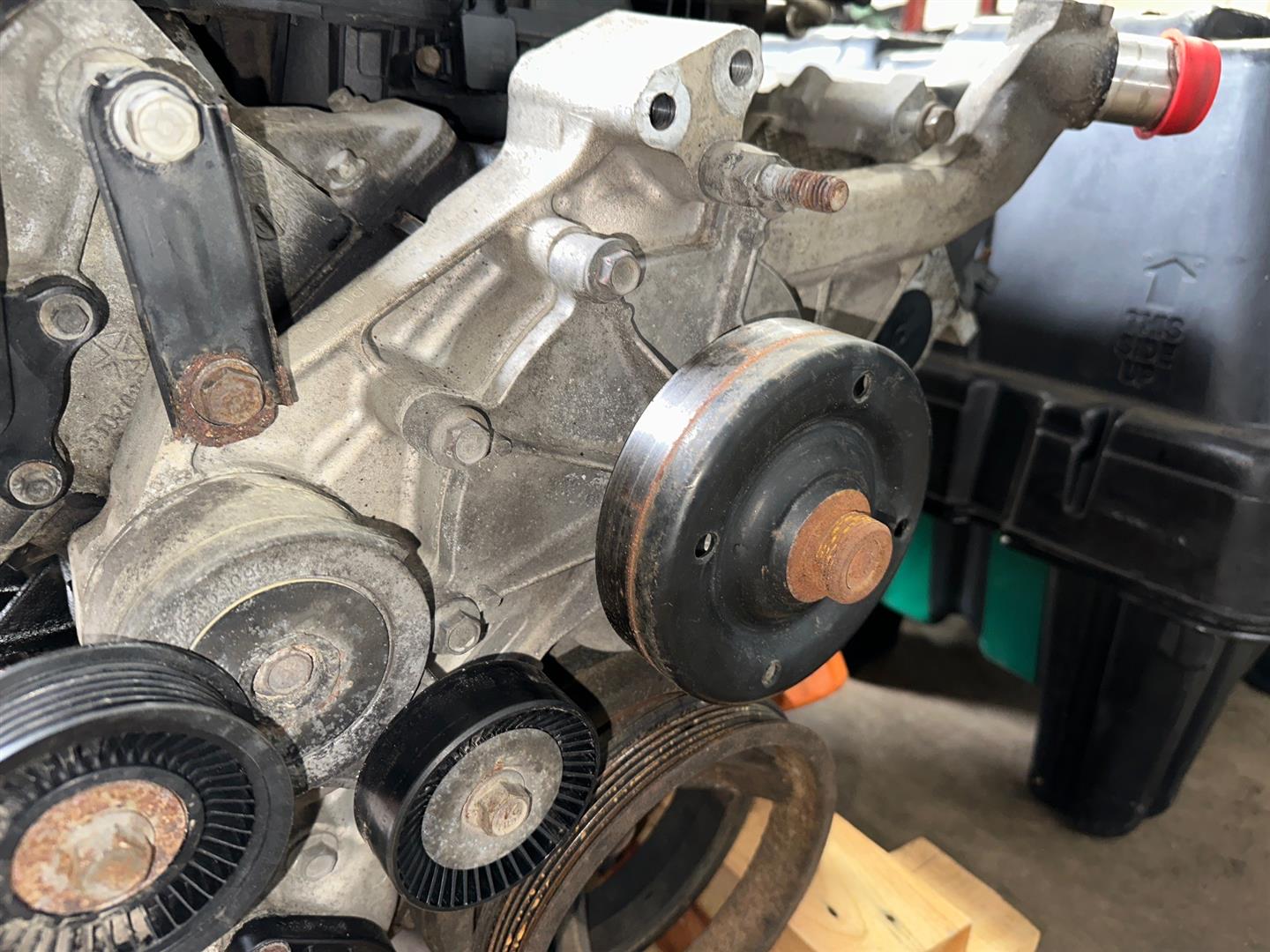
One of the most critical components of your car is the water pump. But what exactly is a water pump, and why is it so essential for your car? A water pump circulates coolant throughout the engine and transfers heat from the engine to the radiator. It maintains a consistent temperature throughout the engine. A water pump consists of a rotor, a housing, and an impeller. The rotor is connected to the engine's crankshaft via a belt. It rotates the impeller inside the housing, which pumps coolant through the engine. Due to a lot of mechanical wear and tear, water pumps tend to fail over time. The most common sign of a failing water pump is visible coolant leakage underneath your car. If you notice a leak, you sho ... read more
Posted on 8/24/2023
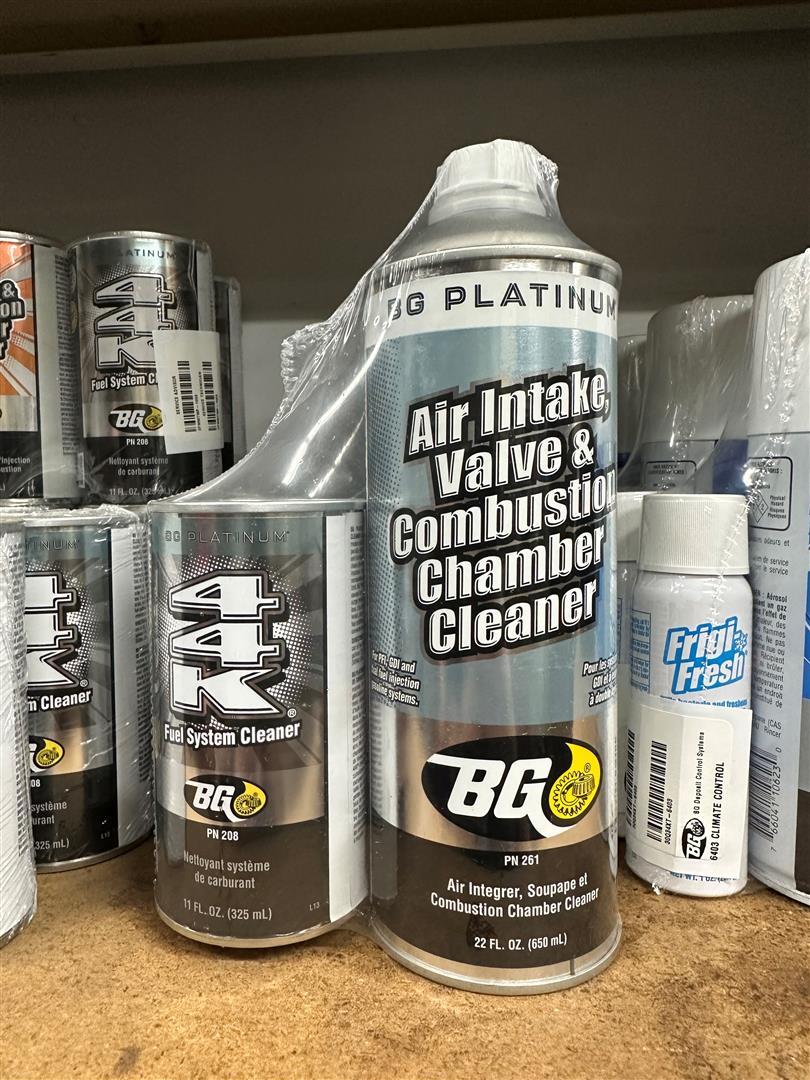
It's essential to maintain your vehicle regularly. One of the critical components of this maintenance is fuel system cleaning. This is also known as fuel injector cleaning. A fuel system cleaner is designed to eliminate dirt, debris, and other contaminants in your car's fuel system. The process involves adding a specialized fluid to your fuel tank. This fluid is then mixed with gasoline and runs through your engine to clean it entirely. Learn more about fuel system cleaners and how they can benefit your vehicle. Benefits of Fuel System Cleaning A fuel system cleaner can help you in several ways. It helps improve the overall performance of your engine. Regular use of fuel system cleaners ensures your engine runs smoothly. This increases your car's fuel efficiency and reduces emissions. Fuel system cleaners can also end or reduce knocking and pinging noises caused by the vehicle's engi ... read more
Posted on 7/6/2023
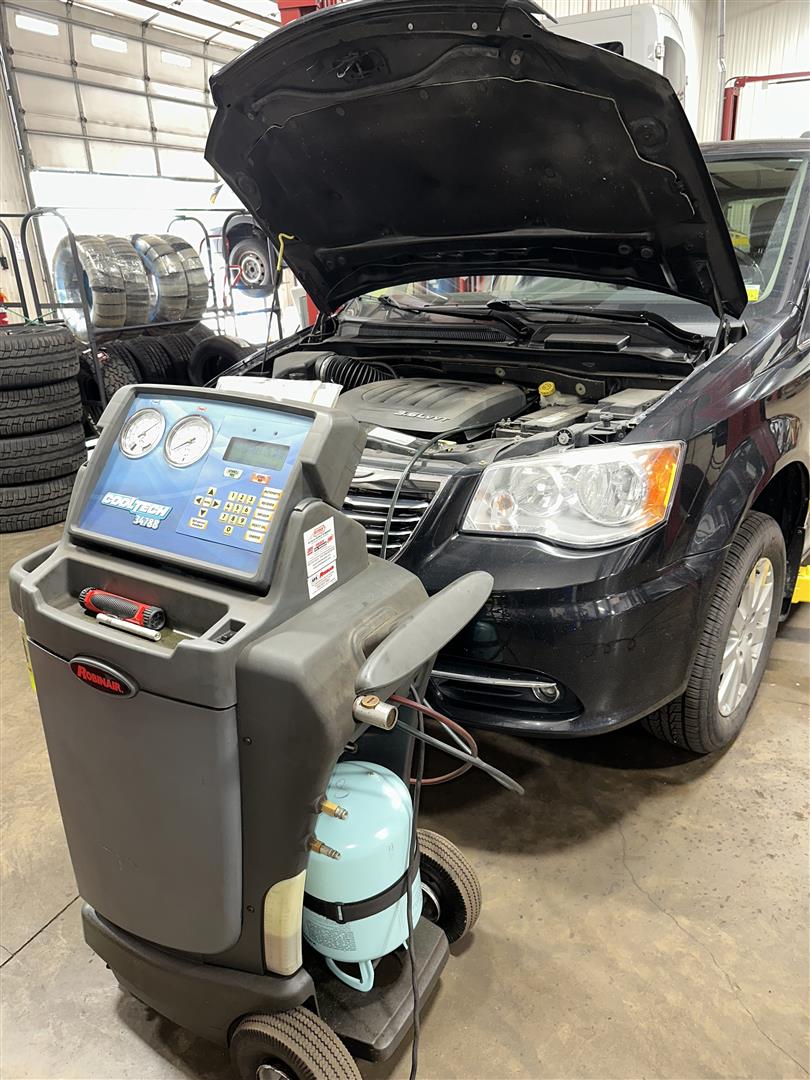
When it comes to air conditioning systems, Freon is an integral part. It is the coolant that makes air conditioning possible. But did you know that there are different types of Freon? Specifically, R134a and R1234yf Freon. Learn more about these two types of Freon and the benefits of one over the other. R134a, also known as HFC-134a, has been the industry standard for automotive air conditioning since the 1990s. It’s a hydrofluorocarbon (HFC). A type of synthetic refrigerant that does not contain chlorine. This makes it less harmful to the ozone layer compared to predecessors like R-12. R1234yf, or HFO-1234yf, was introduced in response to environmental concerns over the continued use of HFC-134a. This newer refrigerant is a hydrofluoro olefin (HFO). It has a much lower global warming potential (GWP) compared to HFC-134a. This refrigerant can only be used in ne ... read more
Posted on 7/6/2023
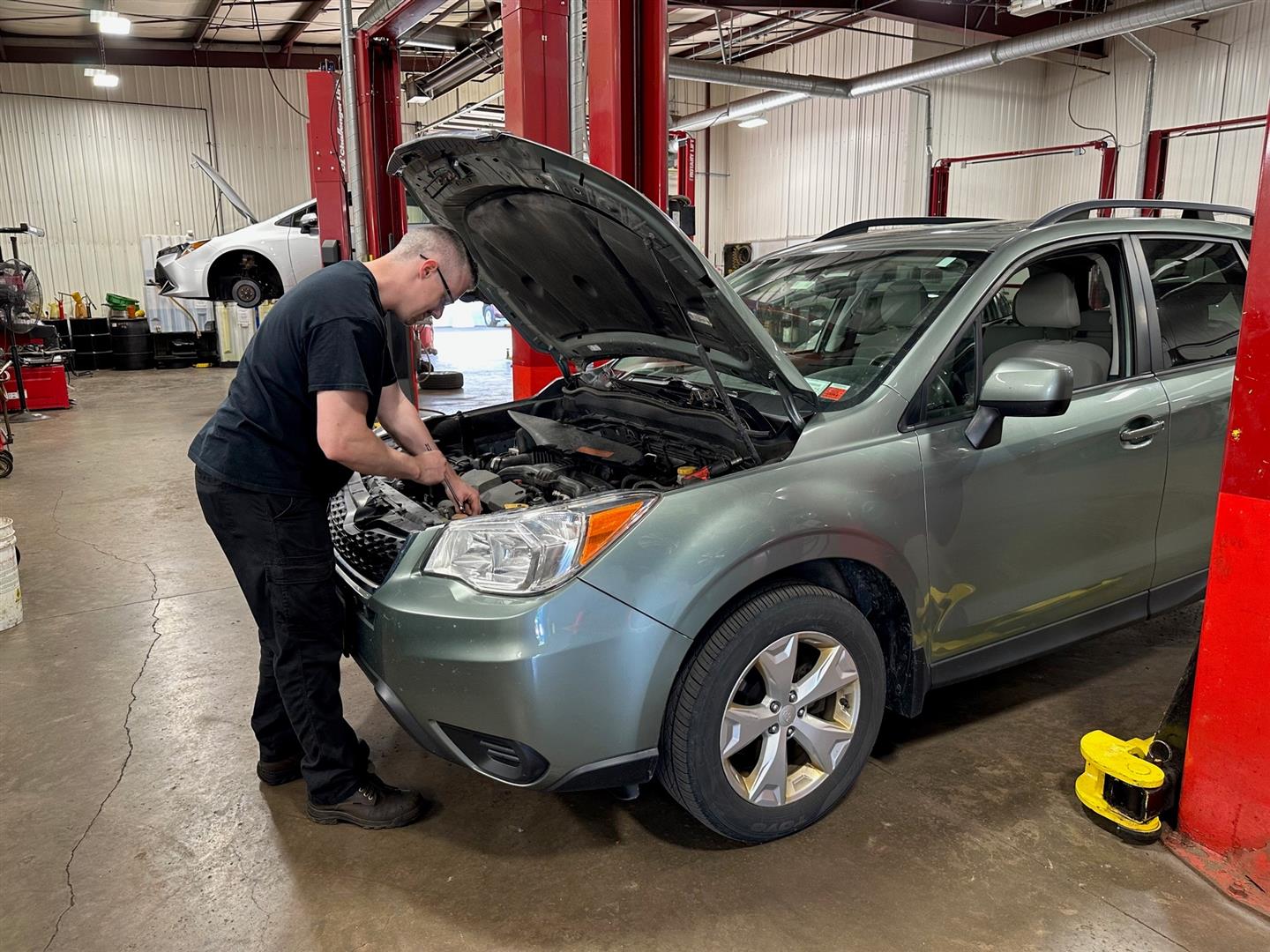
A common problem many drivers face is overheating. Serious engine and transmission damage can occur when a vehicle over heats. Learn more about what causes a car to overheat and how to avoid it. Low Coolant Level: Coolant or antifreeze helps keep the engine cool by circulating throughout the engine block and radiator. If there is not enough coolant, the system cannot dissipate heat. This causes the engine to overheat. Check the coolant level often and add more if necessary. Broken Thermostat: The thermostat controls the temperature of the engine. It can cause the engine to overheat or run too cold if it fails. A thermostat can break for reasons, such as corrosion, wear, or a mechanical failure. Have a mechanic replace your thermostat if you think it may be broken. Radiator Problems: The radiator dissipates heat from the engine that the coolant has absorbed. If the radiator is clog ... read more
Posted on 3/14/2023

For car owners, power steering is an absolute must. It makes driving easier and safer. And also provides extra control when maneuvering tight corners or reversing into a space. But what exactly is power steering and how does it work? Let’s look at the basics of power steering, its benefits, and why it's essential for any car owner. What Is Power Steering? Power steering is a system that uses hydraulic pressure to aid in the turning of a vehicle’s wheels. This pressure is generated by a pump that is powered by the engine. Which then forces fluid through hoses to the steering gear assembly. This assembly turns the wheels in response to driver input from the steering wheel. In essence, power steering makes turning your car much easier than it would be otherwise. Without power steering, drivers would have to put considerable effort into turni ... read more
Posted on 2/28/2023

Making the decision to repair or replace your car can be tough. On the one hand, you don’t want to sink too much money into an old car – but on the other, you don’t want to spend more than you have to. Before making any decisions, weighing each option’s pros and cons is important. Let’s break it down for customers looking for guidance. Assessing Your Car’s Condition The first thing to do before deciding whether to fix or get rid of your car is to assess its condition. If your car is newer and still under warranty, many repairs may be covered by the manufacturer. And that makes it easier to decide whether to keep it or not. If it’s an older model, other things need to be taken into account. Consider how much money you have already invested in repairs versus how much longer you think the car will last if fixed again. Inv ... read more
Posted on 2/28/2023
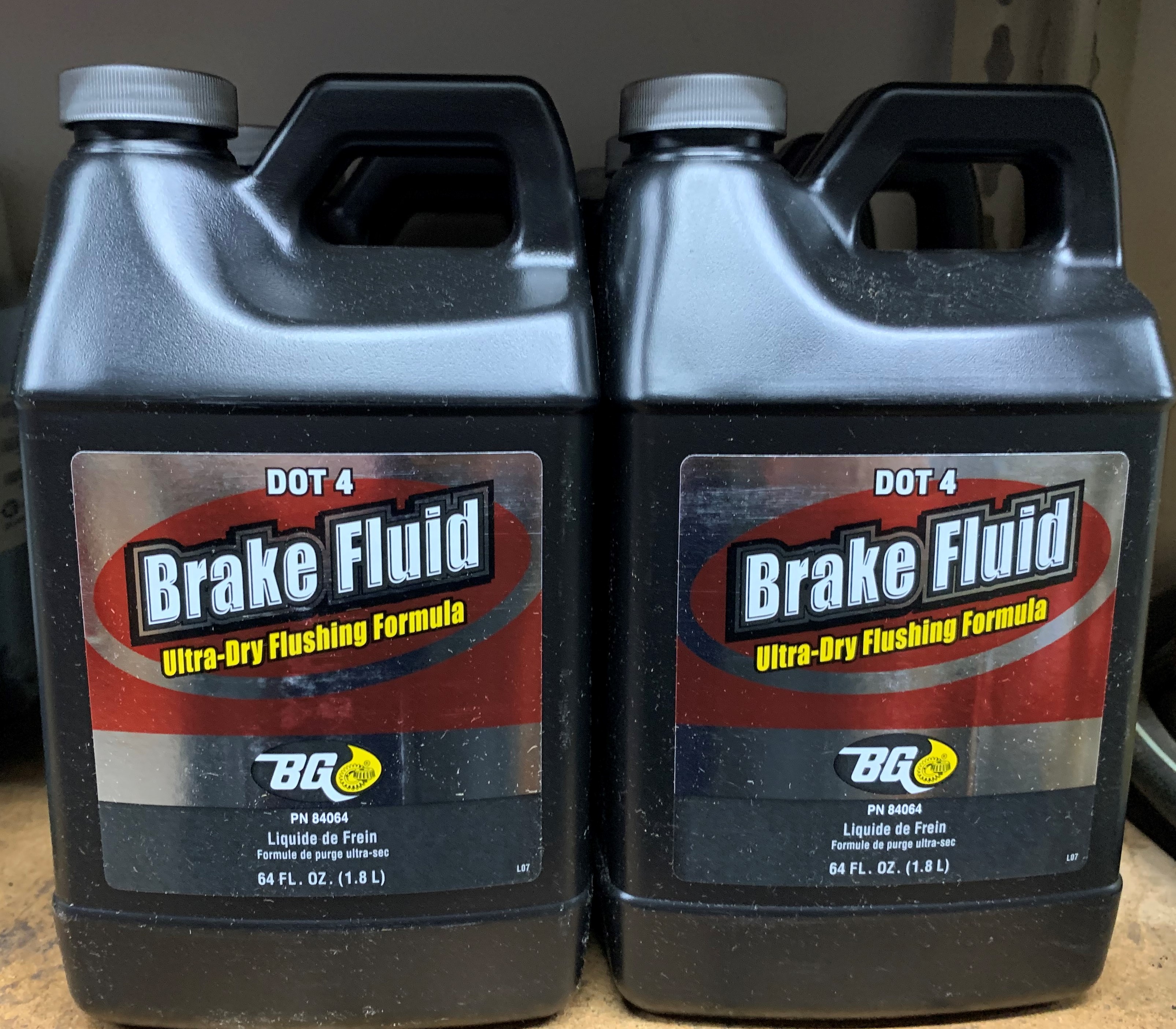
Whether you’re a car enthusiast or an average driver, it’s essential to understand the importance of brake fluid in your vehicle. Brake fluid is a crucial part of your car’s braking system. It helps ensure that your brakes are working when they need to. Learn more about what brake fluid is and how it works. What Is Brake Fluid? Brake fluid is a hydraulic liquid found in the hydraulic brake system of cars and other vehicles. It is designed to send force from the brake pedal through the brake lines to the brakes themselves. The pressure created by pressing on the pedal forces the brake fluid through small passages in the brakes. This causes them to clamp down on the discs or drums and stop the car. Without brake fluid, your brakes would not be able to perform as they should. How Does Brake Fluid Work? Brake fluid works by forcing pressure through lines that run from one end of your vehicle to another. When ... read more